Run Smarter. Run Stronger.
Jennifer Kummrow2025-04-04T20:56:29+00:00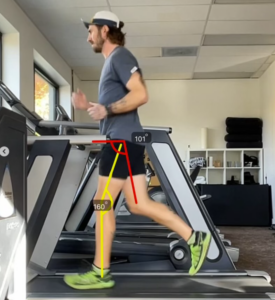 Running, much like any other skill, takes practice and fine-tuning to improve. Whether you’re lacing up for the first time or you’re a seasoned marathoner, leveling up your performance can be challenging. That’s where a Running Analysis can be a game-changer. Not only can it help increase your performance, it can also help reduce the risk of injury, eliminate pain while running, and optimize your stride!
Running, much like any other skill, takes practice and fine-tuning to improve. Whether you’re lacing up for the first time or you’re a seasoned marathoner, leveling up your performance can be challenging. That’s where a Running Analysis can be a game-changer. Not only can it help increase your performance, it can also help reduce the risk of injury, eliminate pain while running, and optimize your stride!
What is a Running Analysis?
A Running Analysis + Assessment is a two-part approach designed to identify imbalances, weaknesses and areas you may be expending unnecessary energy. Using advanced video technology, we analyze your stride from head to toe, identifying potential issues such as over-striding, knee collapsing, and other imbalances.
So, what are we looking at? The analysis evaluates running mechanics such as:
- Foot strike pattern: How and where your foot makes contact with the ground
- Stride length: The distance covered with each step
- Posture: head/thorax/hip alignment, shoulder symmetry, pelvic tilt, hip position, etc.
- Cadence: The number of steps per minute
What is the Assessment?
Following the Running Analysis, we conduct the assessment, which goes through a series of tests to examine your strength, stability, and muscle symmetry. We then provide corrective exercises to help balance your strength and enhance your running mechanics.
Is a Running Analysis for me?
The goal of a running analysis is simple: to make you a more efficient, resilient runner. By cleaning up your form, you’ll find yourself feeling good running longer, faster, and stronger- all while reducing your risk of injury!
Your running form is unique to your body. What works for one runner may lead to injury for another. An personalized running analysis ensures that your technique is tailored to your body’s biomechanics, helping you reach optimal performance. By working with our IP therapist/Run Coach, you’ll receive tailored, evidence-based functional tools to mind your movement and a team to support you as you stride!
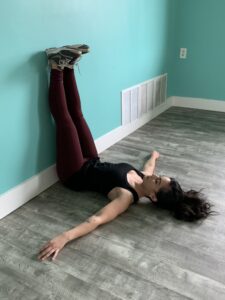
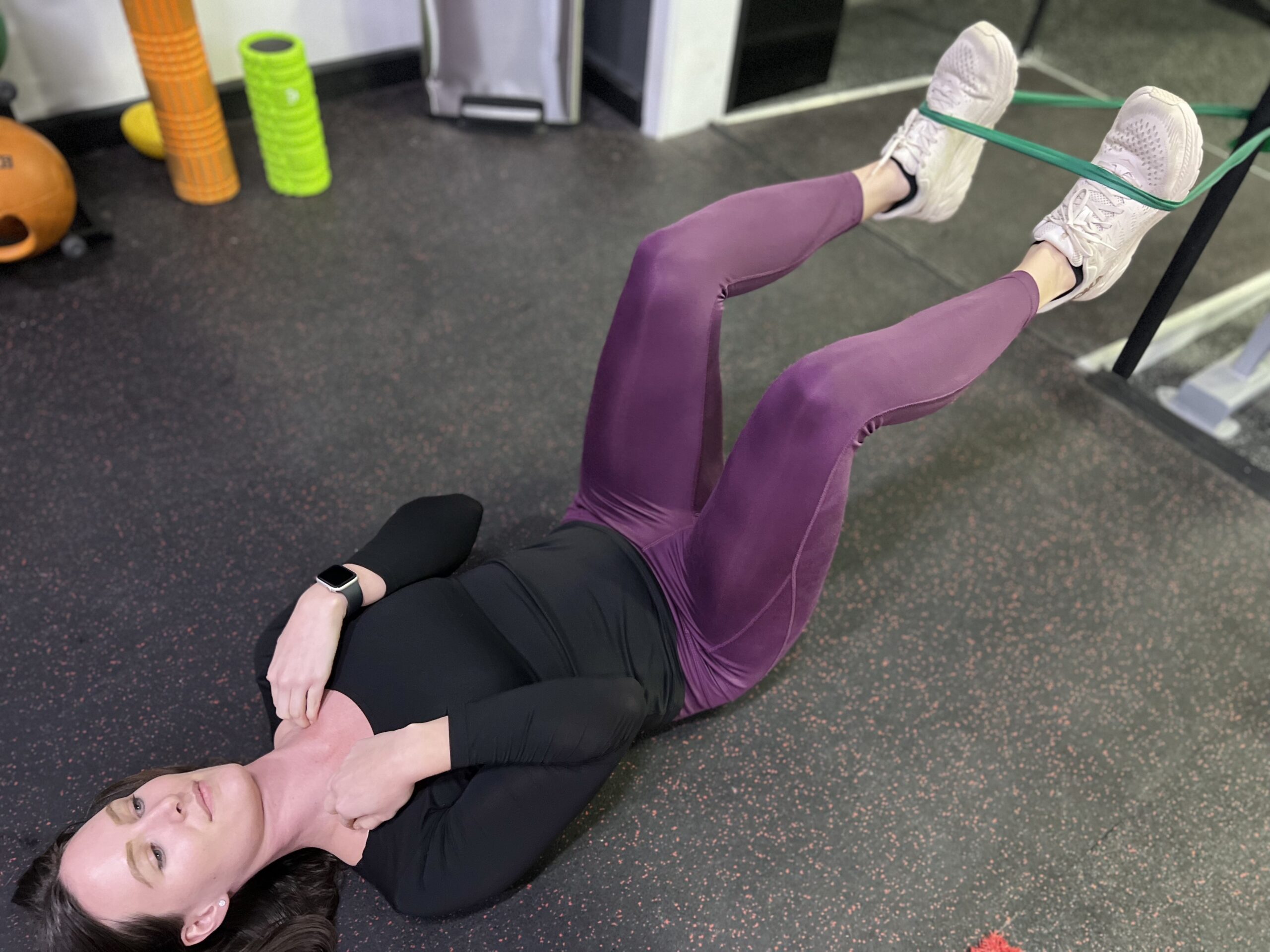
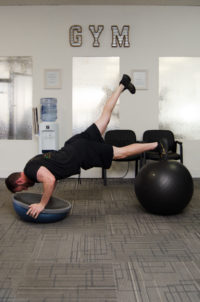 surgery [surgery is a top one] but PRP, marathon/military training or even activities of daily living are included. Prehab differs from rehab in that it is a proactive plan designed to prepare you for whatever life brings at you next. Here at IP, you know we love pumpin’ prevention to help patients optimize their potential!
surgery [surgery is a top one] but PRP, marathon/military training or even activities of daily living are included. Prehab differs from rehab in that it is a proactive plan designed to prepare you for whatever life brings at you next. Here at IP, you know we love pumpin’ prevention to help patients optimize their potential!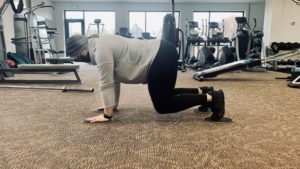 Exercise of the Month – Bear Crawl [into hibernation]
Exercise of the Month – Bear Crawl [into hibernation]